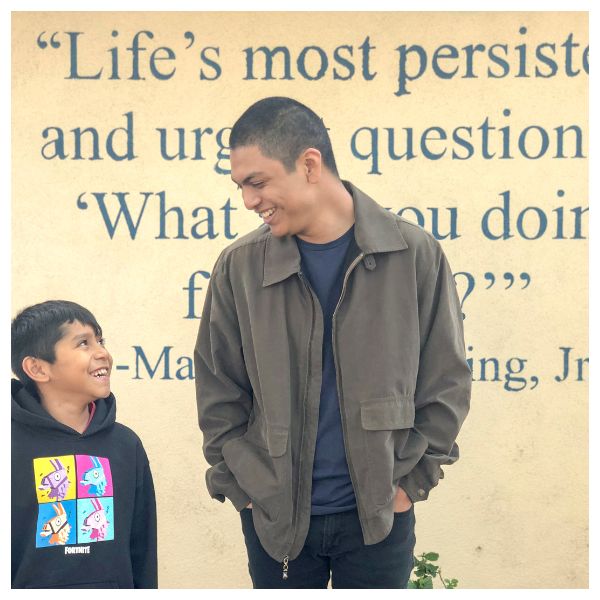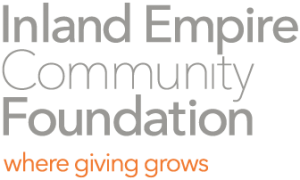 Big Brothers Big Sisters of the Inland Empire (BBBSIE) is rebuilding programs that were halted during the COVID-19 pandemic and working to make more mentoring matches between adults and youth. The need for support is more urgent than prior to the pandemic for many youths, according to Jennifer O’Farrell, the organization’s Executive Director.
Big Brothers Big Sisters of the Inland Empire (BBBSIE) is rebuilding programs that were halted during the COVID-19 pandemic and working to make more mentoring matches between adults and youth. The need for support is more urgent than prior to the pandemic for many youths, according to Jennifer O’Farrell, the organization’s Executive Director.
There are more children applying for a Big Brother or Big Sister who report they have suicidal tendencies than in the past. Approximately 25% report having suicidal tendencies and 56% state they suffer from anxiety and/or depression. While every child profile is a little different, according to O’Farrell the common threads are isolation, family stress from evictions or moving and the loss of a grandparent. There has been significant family member loss, especially in the Hispanic community, she said. The organization works with many youths whose families are under the federal poverty level and this additional instability has created greater stress.
One of the ways the organization is providing help to children who have been impacted is through reviving and expanding their High School Bigs program, which was put on hiatus during the pandemic. High School students between grades 9-11 are matched with elementary students in the Riverside, Fontana, San Bernardino, Corona, Norco, Moreno Valley and Murrieta Unified School Districts. Once a week after school, mentors meet with their mentees for an hour under the supervision of a Big Brothers Big Sisters program specialist.
“There is not enough credence given to the ability of youth to empower and uplift each other,” O’Farrell said. “This will create our future workforce and I hope that it will inspire our adults to realize we need to show up too.”
High school youth get just as much out of the experiences as their mentee. One Big Sister, Jade, said that she was not very patient with her own siblings. She said that being a big sister helped her learn the gift of listening, leading and caring. Her Little Sister in the program, Jessica, found the ally she needed as well. Jessica was being bullied on campus and was two reading levels below her grade. The school’s principal noticed that she was struggling and recommended her for the program. Jessica said that Jade was the one person who would always ask how she was doing. The two spent time reading together and Jessica, a 3rd grader, was at reading level by the end of the year.
Big Brothers Big Sisters of the Inland Empire has received several grants through the Inland Empire Community Foundation including one from Youth Grantmakers. The organization depends on funding from the community to support its programs which currently serve 500 matches regionwide. It also needs more volunteers for its one-on-one mentoring programs including its traditional program, High School Bigs, Big Couples and Workplace Mentoring.
Those who are interested in becoming a Big Brother or Big Sister can visit the organization’s website and sign up for an informational session. Anyone who is 19 years or older can become a mentor in the traditional program. They just need to pass a background check, have a valid California driver’s license and insurance and commit to at least one year in the program. Once they are matched, mentors meet with their “Little” twice a month, spending time together on parent-approved outings.
“We have been in a drought of connection, and we’ve been comfortable with it, but our kids need our community to show up on their behalf,” O’Farrell said. “And from our mentors, I’m hearing they need to show up as well. They may not have all the right answers, but they can show up and connect.”
More information: https://www.iebigs.org/ or 909.763.5959
This article originally appeared in the Press Enterprise, January 2023.
Stay up-to-date on the good work IECF is doing through the power of philanthropy. Sign up for our monthly eNewsletter, Philanthropy Matters.


